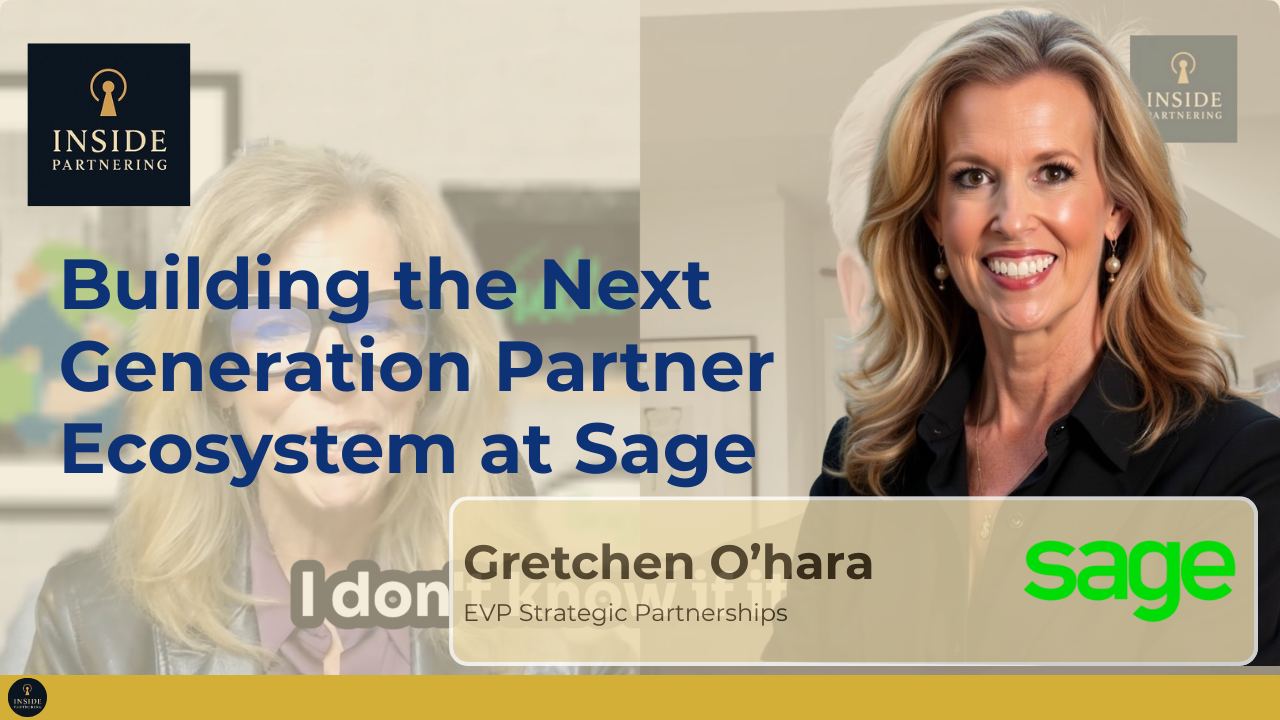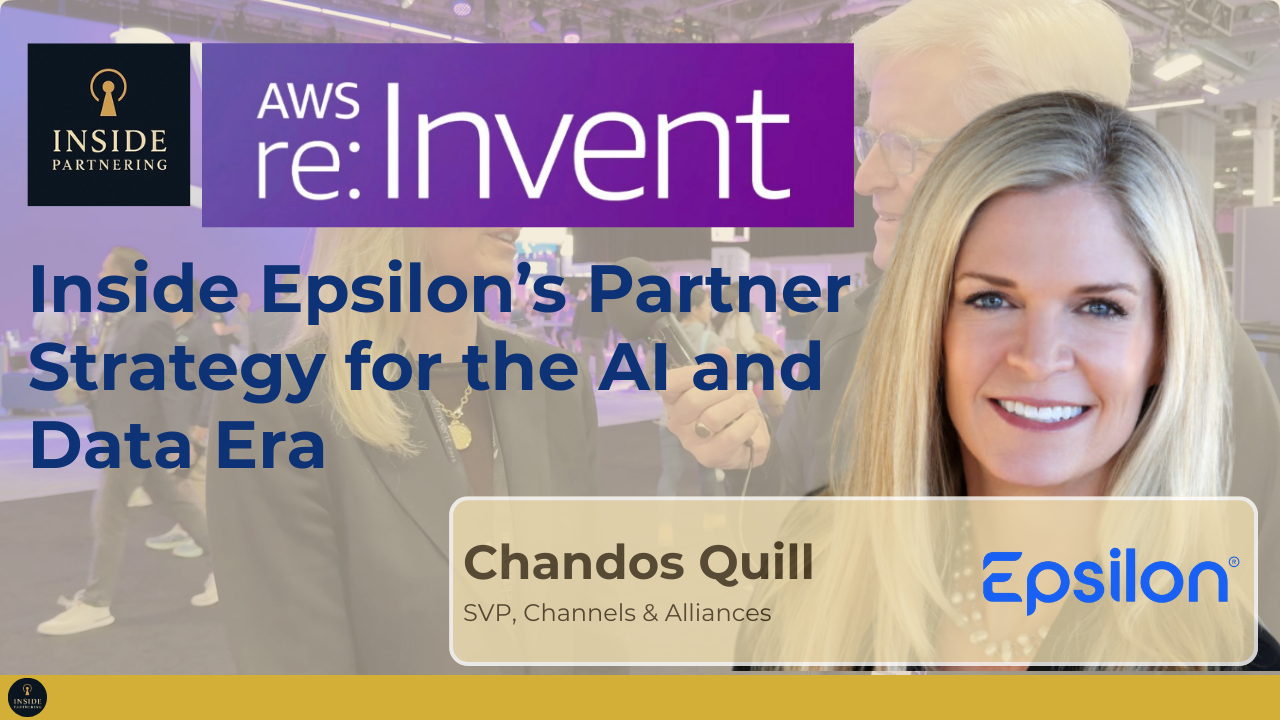Episode Overview
“We want to meet customers where they live.”
That’s how Ashi Aber, Head of Technology Partnerships at Gong, described the vision that shaped their thriving partner ecosystem - one that now spans dozens of integrations and continues to scale with customer value at the core.
I had the pleasure of chatting with Ashi live at Partnership Leaders’ hashtag#Catalyst25 in Seattle, where over 700 partner leaders have gathered to connect, learn, and spark new ideas.
Ashi joined Gong when it was just 20 people - and has seen it grow into a 1,500+ person powerhouse.
In those early days, building partnerships was scrappy and manual. But over time, Ashi and team realized they needed to systematize scale - making it easier for third-party developers to sign up, agree to terms, and self-serve on building with Gong’s open platform.
That effort eventually led to the Gong Collective - a centralized hub where customers can discover technology and services partners, and where Gong can lean in with co-sell, referral, and even resell motions. Some partners extend the platform. Others help deliver it. A select few do both.
Ashi broke down how they categorize partners across tiers - from basic listings to deep strategic collaborations - and how Gong’s tech ecosystem complements its broader go-to-market efforts.
His advice? Build a scalable foundation early, invest in developer experience, and stay focused on customer impact.
It was fantastic to catch up with Ashi and hear how Gong is operationalizing partner success and creating real momentum.
Podcast
Guest
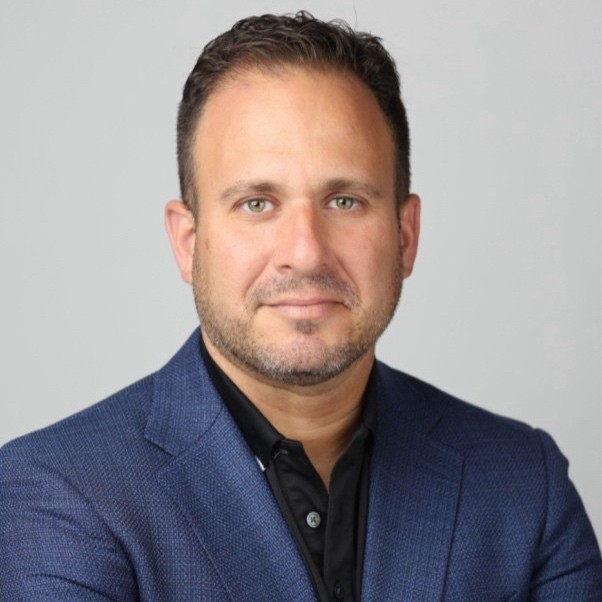
Ashi Aber
Episode Transcript
Chip Rodgers 0:00
Hey everyone, Chip Rodgers, we're here at day one at catalyst. It's Tuesday, Tuesday morning, and had a great keynote, and the energy is just like lively here this morning, 700 partner leaders, all in one place in Seattle, and it's the great day.
Ashi Aber 0:21
Absolutely, is nice and nice and bright outside, like you said, Chip sun in Seattle, sun in Seattle. I don't know if that's a rare thing or not, but it's, it's pretty good. Like you said, hundreds of technology both partner leaders in general here and looking forward to the next couple of days here at the conference. Yeah,
Chip Rodgers 0:44
yeah, it's, it's looking, looking good, looking like a good start. So I'm so excited to be joined by Ashi aber. Ashi is Head of Technology Partnerships at Gong, and we all know Gong. Gong is an amazing product and integrated with so many, you know, go to market solutions. So you you have a busy job, I'm sure. Yeah. So,
Ashi Aber 1:07
yeah, kind of like quick background, I've been at Gong from the very early days. So about 20 employees, and I've seen it grown to
Chip Rodgers 1:15
close to 1500 today, 2020,
Ashi Aber 1:19
so I've seen it, yeah, seen it. Seen it, kind of like hockey stick over the years. And over the last, I would say, four or five years, we were lucky to be in a position to grow the technology partnership ecosystem that we have into a very significant ecosystem. And and, yeah, so we have a pretty large number of technology vendors, a lot of them are presenting here. A lot of them aren't just from kind of like the modern sales tech stack, but not only also much more traditional solutions that integrate with us with the platform and are able to either derive some very valuable data Gong sits on as well as push their valuable data into the platform. Yeah. Yeah.
Chip Rodgers 2:00
I mean, as you know, gone user, long time. Gone user, amazing. You know, integrations into Salesforce and slack and so many, you know, just to be able to connect, because there's so much good data on in terms of, in terms of, you know, customer data and everything. So it's really valuable to him to bring that out to to customers, where they where they live.
Ashi Aber 2:26
It is exactly your your spot on. So from from the very early days, we wanted to make sure we are building a platform, and that means that we expose as many as possible endpoints to enable developers to push that data or pull that data, and we're honestly agnostic around whether data is being pulled from gong into other platforms or post push, push from other platforms into Gong. Our purpose is to ultimately meet our customers, our users, as we call them, where they live.
Chip Rodgers 2:58
So, so what? So you had the partners, you know, partnerships for those Technology Partnerships, what are some of the challenges that you've had? And, you know, with the success of going, how have you You've obviously overcome a lot. So talk a little bit about that journey, if you could.
Ashi Aber 3:15
So I think the biggest challenge when you're growing quickly is making sure you can set the infrastructure to scale. And I would say, in the early days, we didn't know exactly how to do it. A lot of manual work, a lot of setting up partners in a manual manner, and then over the years, realizing, okay, we have to have some a system in place, or a system to the madness, so to speak. And and really that is bringing in the right solutions, the right tools, to enable us to build an infrastructure to enable other third party developers to come in in a very seamless way, sign up, become developer partners, sign off all the legal terms, and then just really self serve themselves to the instance in order to build the application they're looking to Build. So that's pretty much it.
Chip Rodgers 4:01
That's amazing. So, you know, obviously not, you didn't do that when you were 20 employees. But you know, along the way, as as you, as you scale, it's like, hey, we need to streamline this for partners, to make sure that that we can bring in as many partners that make sense of a platform as possible, as quickly as possible,
Ashi Aber 4:21
exactly. We built it all under the we created the gong collective brand about three ish years ago. It's it's become a real brand, surprisingly, and it's fun to see it happen. And we actually, recently, in the last year, we brought so we're broken up into two main orgs that go to market, partnerships, organ, the tech partnerships, organ, we brought all that under one umbrella. So like, kind of like, go to market partners and tech partners live under the gong collective, and that's kind of like the single source of truth for for the world to come and discover which partners on the services side, on the implementation side, or on the technology side, they can work. Work with. Well,
Chip Rodgers 5:00
I love that. It makes a lot of sense. And I could see that the technology partners, even though they're, you know, it's technology partners, but they're also, you know, potentially go to market partners as well, right to co sell. Hey, there's, here's a we have a better together story. How do we, how do we, you know, leverage your influence. They leverage your influence to bring more value to customers,
Ashi Aber 5:23
absolutely. So that's a really good point chip. Basically, the kind of like our mission on the technology partnership side of the business is to extend the product capabilities for Gong. So if we're not building it internally, we want to make sure we're partnering with the right vendors. And some of those vendors, some of those partners are actually also go to market partners for us. So some of them we'll collaborate with on the CO selling side of business. We'll do referrals, and then a select few we actually resell. And those are extensions for us in areas where we're not building, where we can bring those partners in and sell on our paper to make it easier and more seamless for our customers to use integrated solutions within the gong ecosystem. That's terrific.
Chip Rodgers 6:11
It's how do you manage, you know, as a, as you know, managing partners is always is a tough job, right to begin with. But how do you manage sort of white space? Like, okay, here's, here's where we want to let you go. You know, build a business we're not going to sort of, is there? Do you have some sort of fences around the things that gong will or won't, you know, lean into? Yeah,
Ashi Aber 6:35
so I think at a baseline, we want all of our partners to live in the gong collective. So I think that's as a very basic baseline, a great outlet for any one of our partners to start with. So it's a it's a highly visible platform, the gong collective. Gong customers go there to discover who they can work with. So if anything, if we're not doing anything else with our partners, they have a listing on the gong collective. Then there are partners that we lean into a bit, you know, deeper, and then there are the partners that we lean into very deep. And so that's kind of like the probably, like three layers of like the baseline, some we lean into, and then some we lean into a significant amount, and we try to spend as much time with them as possible. Yeah, that's
Chip Rodgers 7:24
terrific. Well, you know, congratulations on the success. Been amazing and and being with Gong at the first, you know, you know, employee number 20, you know, you're a big part of that success story.
Ashi Aber 7:39
I'm lucky to be where I am mainly surrounded by very talented and good people. So,
Chip Rodgers 7:45
so we're here at catalyst, you know, 700 partner folks here. What are your you know, what are you hoping to you know, why are you here, and what are you hoping to get out of the conference?
Ashi Aber 7:59
Yes, I've been a member and partnership leaders for I think from the very beginning, been to previous previous shows, previous conferences. I think this is the place to meet partnership leaders from the from around the globe. People are traveling here from many places, both in North America, but also globally. And this is, for me, the great opportunity to meet, to have strategic meetings and to meet just like within the network, in order to build meaningful connections and and better our business overall.
Chip Rodgers 8:33
Fantastic. Ashi, thank you for taking some time today and wish you the best for for this week and and continued success.
Unknown Speaker 8:42
Thanks chip. Appreciate
Chip Rodgers 8:45
it. So that's it for now, and thanks everybody for for joining, and we'll see you later today. Thanks everybody. You.
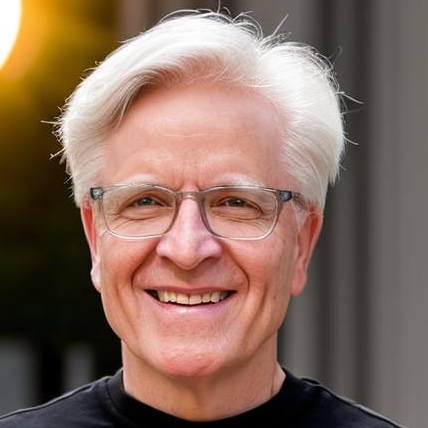
Chip Rodgers
🚀 CMO | Chief Partner Officer | B2B SaaS Growth & GTM Leader | Ecosystem Strategy | Demand Gen | Podcast Host 🎙

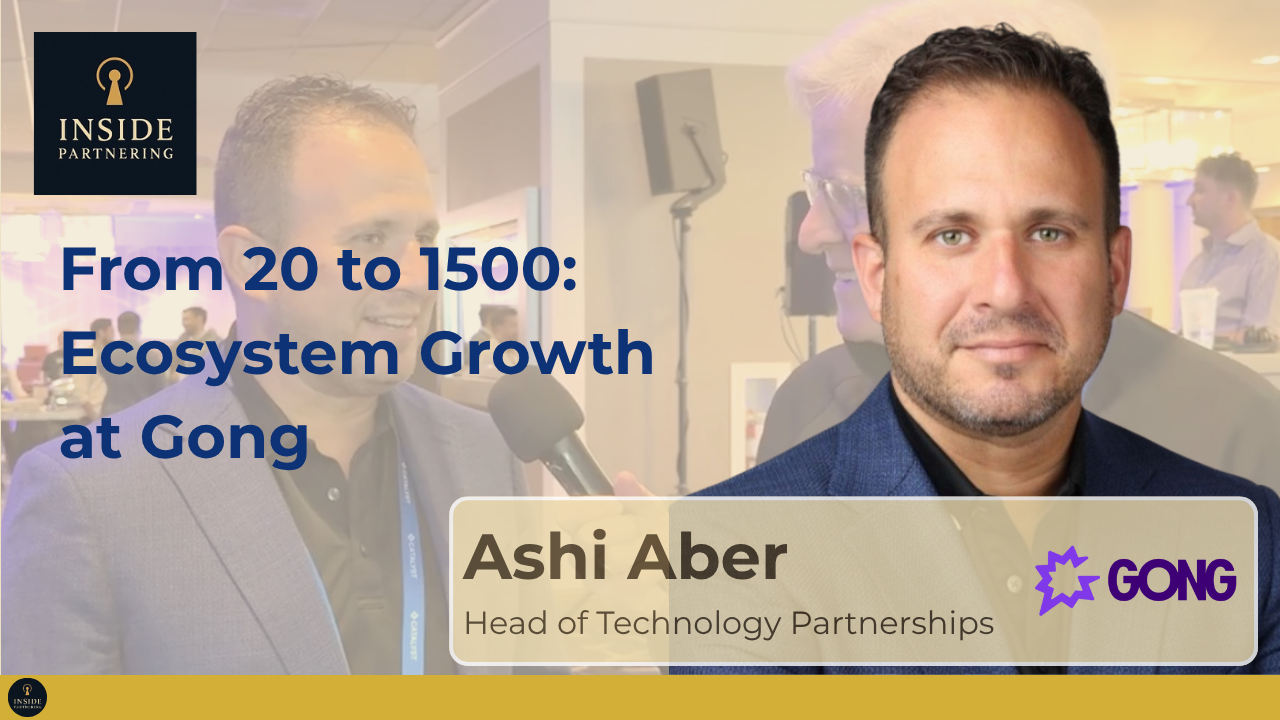
.png)
